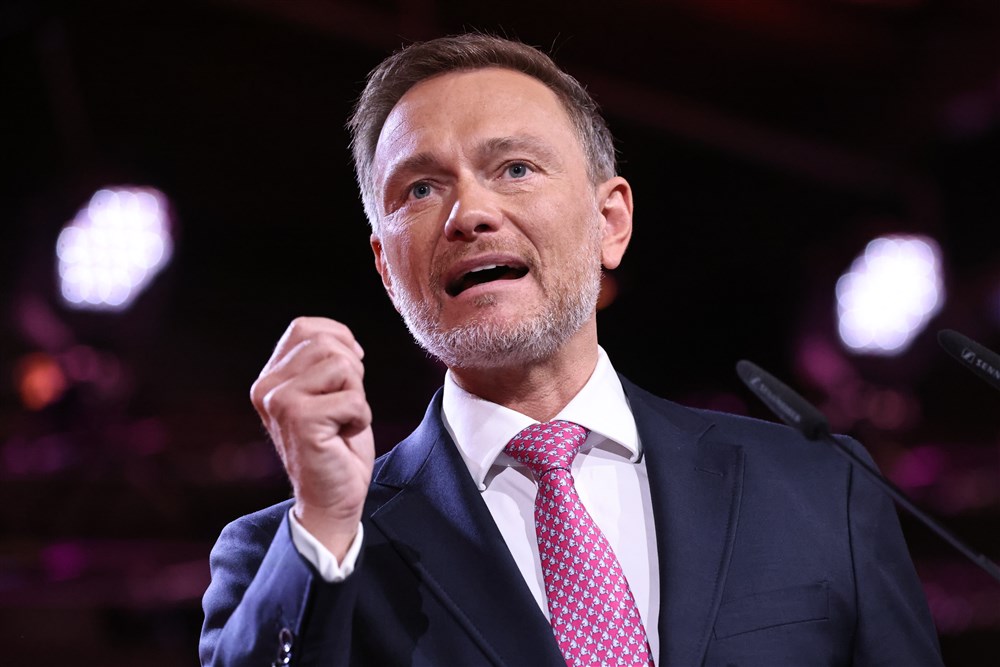Monika Schnitzer, chairwoman of Germany’s Council of Economic Experts, claims her country needs 1.5 million immigrants a year to maintain its labour force, further illustrating her concern by saying such newcomers would not have to be able to speak German.
“Germany needs 1.5 million immigrants a year if we are to have 400,000 new citizens every year, minus the considerable out-migration, and thus maintain the labour force,” Schnitzer told the German daily newspaper, Süddeutsche Zeitung.
“We should not demand that foreign professionals know German for every job. Instead, we should make sure that the employees of the Foreigners’ Office know English,” she said, and that they encourage rather than deter would-be workers.
The “Foreigners Office” refers to a government agency or department responsible for handling matters related to new arrivals, such as visa applications, residence permits and other immigration issues.
The country’s new skilled labour law, voted in at the end of June, was a step in the right direction, she said, but added that the Federal Republic as a whole was not making as much progress “as we could and should”.
Under the new Skilled Workers Immigration Act, arrivals from outside the EU will be able to come to Germany to seek work according to a points-based system. Criteria detailed under the system include language skills, professional experience, age and “connection” to Germany. In addition, IT specialists will also be allowed to come without a university degree, provided they can prove that they have certain other relevant qualifications.
The intention of the Act is to make it easier for experienced, skilled foreign workers to live and work in Germany.
To address the workforce shortage, Germany must also invest more in children, Schnitzer said. “It is an indictment that one in four fourth-graders cannot read properly,” she pointed out. In addition, companies must keep older employees happy so that they do not retire early, she said.
Schnitzer added that as well as the Federal Republic not advancing as best it could on employment issues, it has not invested in required infrastructure, was lagging far behind other nations in digitisation and had started too late in regards to climate protection.
The German Council of Economic Experts advises policymakers and the five who make up the panel are colloquially known as the “economic wise people”.





